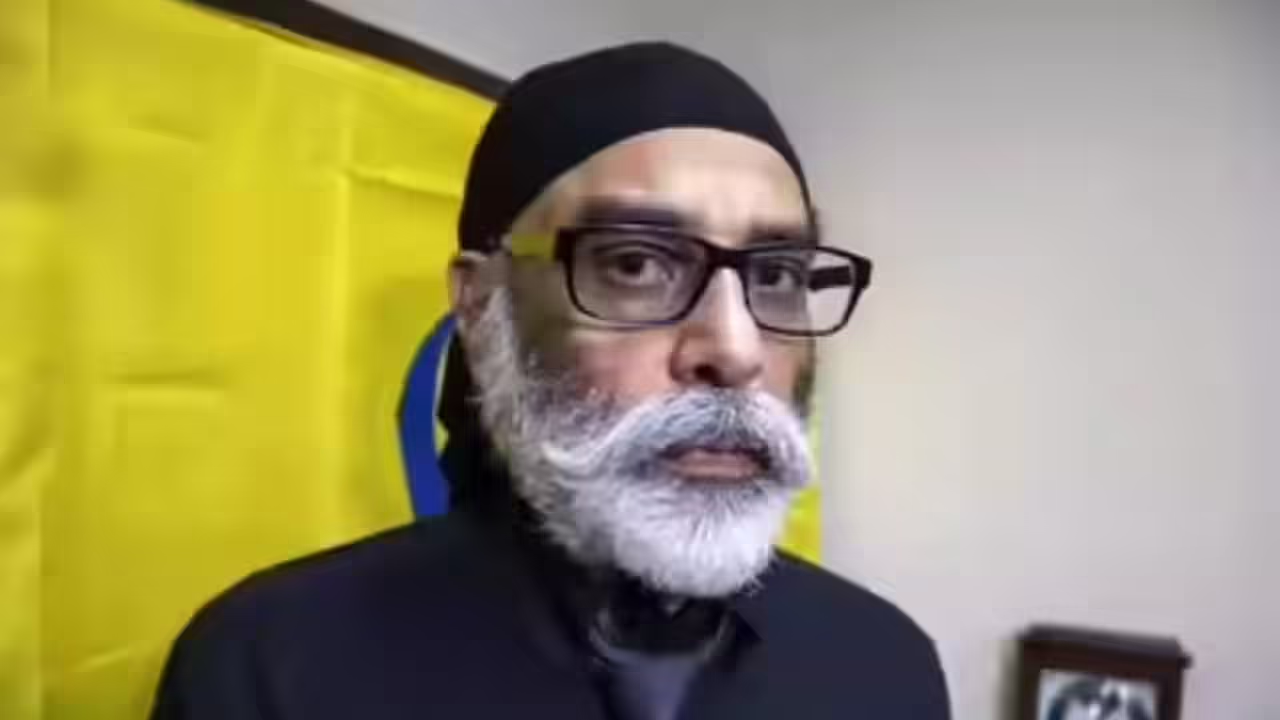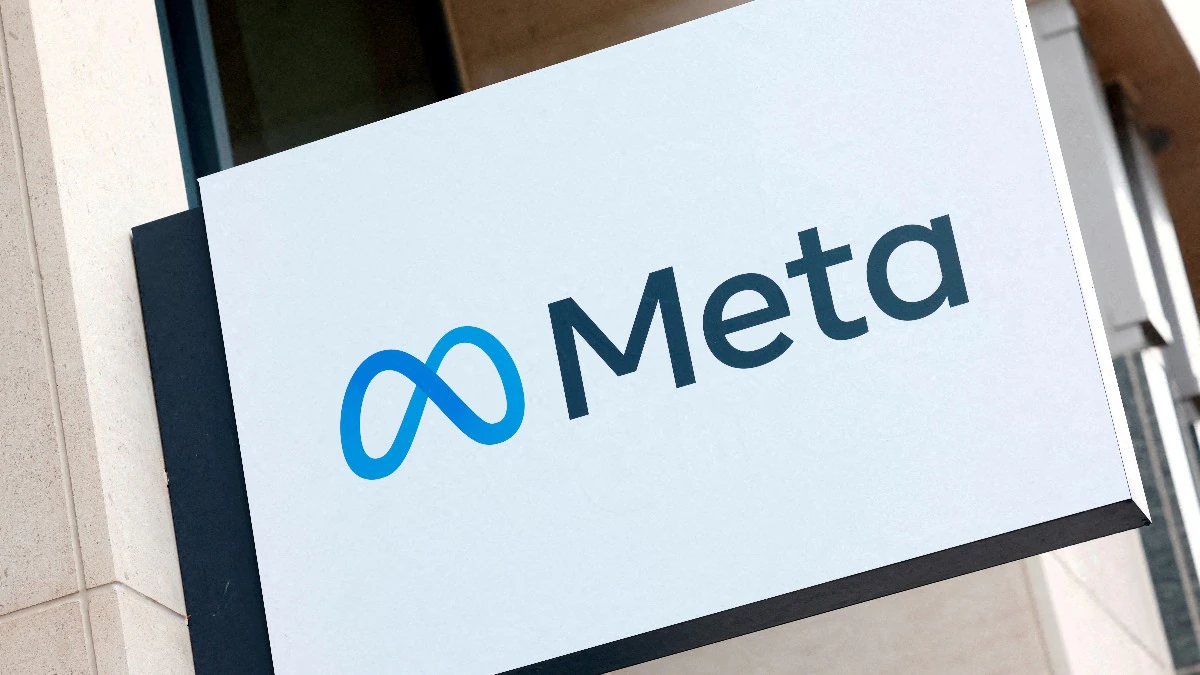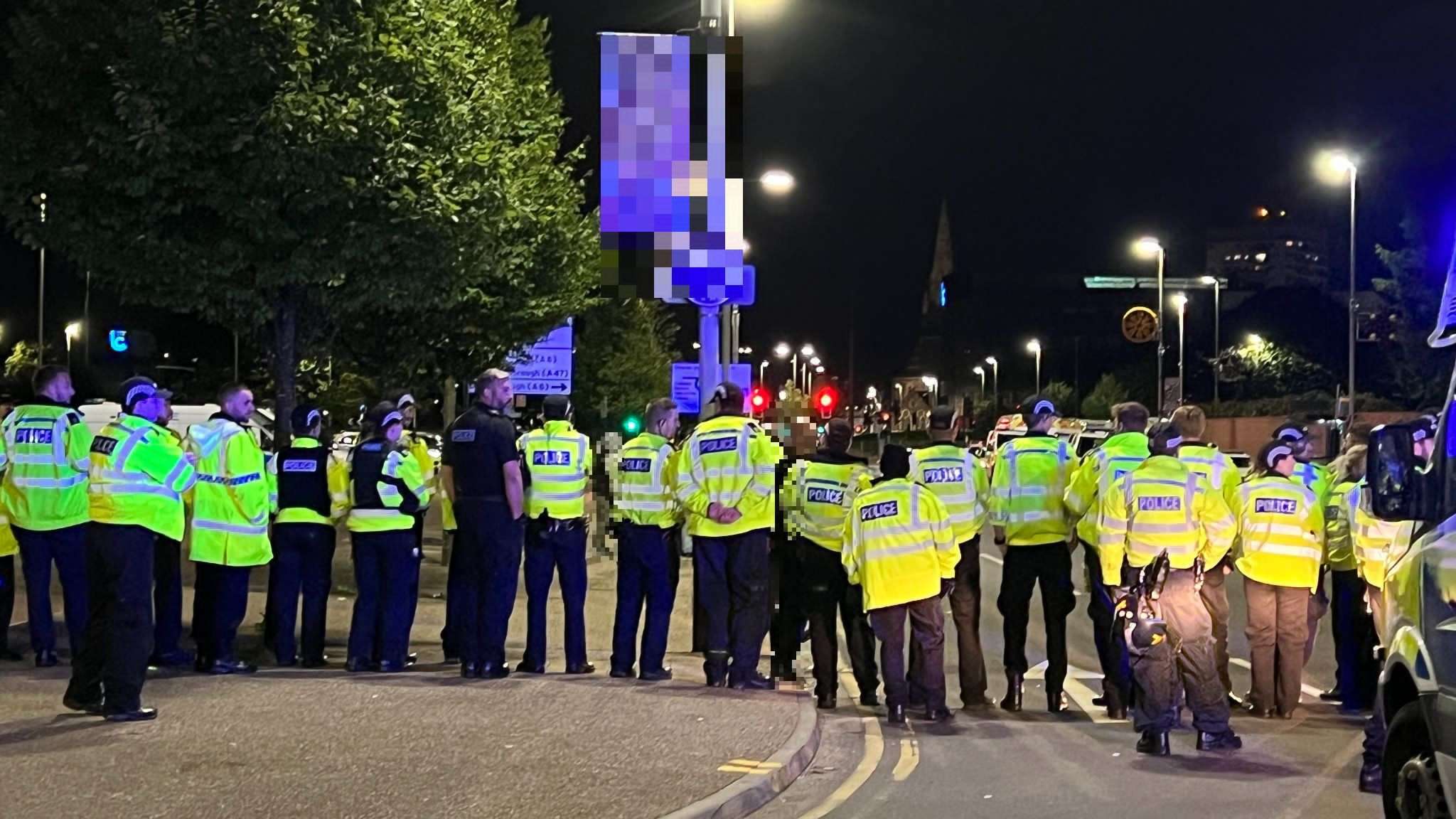An Indian family has sued the US Department of Homeland Security and US Citizenship and Immigration Services in the US District Court for the Northern District of Iowa, reported iowacapitaldispatch.com
Dr. Pranav Singh, his wife, Dr. Harpreet Kaur, and their daughter, Ishnoor Kaur, have sued the US Department of Homeland Security and US Citizenship and Immigration Services in the US District Court for the Northern District of Iowa, reported iowacapitaldispatch.com.
Singh, described by his lawyers as “one of the world’s most talented pulmonary medical doctors”, alleged that the DHS had failed to process the family’s green-card application in a timely fashion. The granting of a green card — officially called a permanent residency card — bestows lawful permanent residency on noncitizens and is a pathway to full citizenship.
In the lawsuit, Singh’s lawyers noted that the long and convoluted application process has a provision that essentially re-starts the process if the DHS failed to process an application by September 30 end of the current federal fiscal year. In effect, after waiting eight years to be considered eligible for a green card, DHS’ failure to act on his case would force Singh back into the waiting line and result in years of additional delays.
The lawsuit claimed that if DHS did not act within the next 10 calendar days, the family will face “the untenable situation where they will not receive their green card for many more years because of a discriminatory per-country limit enshrined in (federal law) that has created a decades-long backlog for Indian nationals”.
This was true, the lawsuit alleged. Despite the fact that thousands of employment-based green cards were still available for the current fiscal year. One of the driving forces behind the delays, the lawsuit alleged, was the federal government’s “discriminatory practices against Indian nationals”. Singh’s lawyers note that applicants from most nations other than India are not subject to years-long delays in green-card processing.
In August 2014, Singh filed a petition, on behalf of himself and his wife and daughter, for alien worker status. In April 2022, he was notified that the family’s green-card application was ready to file so their status could be changed to that of permanent residents. When USCIS notified Singh of this fact, the agency also informed him that after September 30, their so-called “immigration priority date” for processing would retrogress.
Retrogression occurs when the cut-off date for approval, which is set by the State Department and determines the availability of visas, moves backward instead of forward. If retrogression of their immigration priority date occurs, Singh and his family will be “left in limbo, waiting for a benefit they applied for more than eight years ago,” the lawsuit claims. “With the card still unissued, the family faces the risk that they soon will be declared ineligible to adjust their status to that of permanent residents.”
The lawsuit accused DHS and USCIS of violating the Administrative Procedure Act, which requires agencies to address issues needing a decision “within a reasonable time.” It sought a court order compelling the agencies to process before September 30 Singh’s applications for lawful permanent residency in the United States
As a result of the per-country cap, nations with particularly high numbers of applicants are placed in a waiting line, creating a backlog of individuals waiting for the opportunity to even apply for permanent residency. Within the category of employment-based applications, the backlog is particularly large for individuals from India.
Under US policy, the overall number of employment-based visas that are considered “available” to be issued is large enough that some simply expire and go unused even as the visa backlog for Indian nationals grows due to the per-country limits.
In 2020, a Congressional Research Service study projected that an applicant from India with an advanced college degree would wait an estimated 195 years to become eligible for permanent residency though an employment-based visa. “These wait times are so dramatic that hundreds of thousands of immigrants will drop out of line by dying before they become eligible to apply for residency,” the lawsuit states. DHS knows that if it cannot process applications by September 30, the end of the federal fiscal year, some visas will be “completely wasted,” the lawsuit stated.
“It is unreasonable that the agency made no plan to timely process these applications,” Singh’s lawyers told the court. “The agency happily accepted the millions of dollars in legal fees for the (applications), knowing full well that the agency did not have the resources or capacity to adjudicate the thousands of applications received by September 30.”
The lawsuit accused DHS and USCIS of violating the Administrative Procedure Act, which requires agencies to address issues needing a decision “within a reasonable time.” It sought a court order compelling the agencies to process before September 30 Singh’s applications for lawful permanent residency in the United States.
*********************************************************************
Readers
These are extraordinary times. All of us have to rely on high-impact, trustworthy journalism. And this is especially true of the Indian Diaspora. Members of the Indian community overseas cannot be fed with inaccurate news.
Pravasi Samwad is a venture that has no shareholders. It is the result of an impassioned initiative of a handful of Indian journalists spread around the world. We have taken the small step forward with the pledge to provide news with accuracy, free from political and commercial influence. Our aim is to keep you, our readers, informed about developments at ‘home’ and across the world that affect you.
Please help us to keep our journalism independent and free.
In these difficult times, to run a news website requires finances. While every contribution, big or small, will makes a difference, we request our readers to put us in touch with advertisers worldwide. It will be a great help.
For more information: pravasisamwad00@gmail.com











